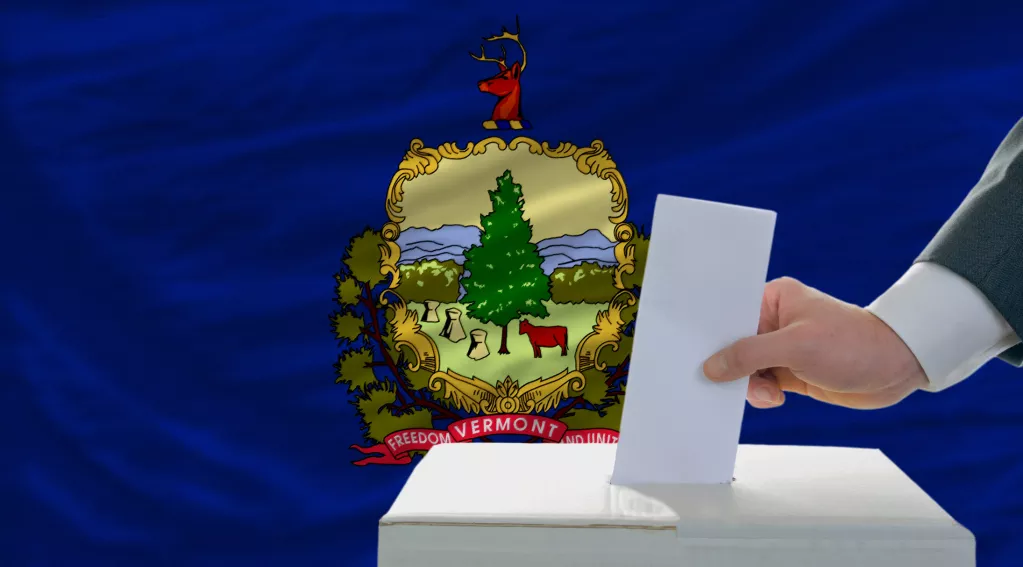Vermont Governor Vetoes Non-Citizen Voting

FAIR Take | June 2021
As the “America Last” agenda moves forward, many open-borders lawmakers are eager to dilute and undermine the value of American citizenship. However, Vermont Governor Phil Scott (R) bucked this trend by vetoing two bills on June 1 that would have authorized non-citizen legal residents to vote in local elections.
House Bill (HB) 177 would have amended the municipal charter of Vermont’s capital city, Montpelier, to allow non-citizens to vote, while HB 227 would have done the same for the city of Winooski. Both bills passed the Vermont House of Representatives overwhelmingly. HB 177 passed by a vote of 103-39 on March 10 while HB 227 by passed by a vote of 99-44 on April 1.
In the Senate, the votes were closer. HB 227 passed by a 20-10 vote on May 7 and HB 177 passed 21-9 along party lines on May 12. Senator Dick Mazza (D-Colchester) opposed HB 227 but supported HB 177.
In his identical veto messages for both bills, Gov. Scott said “[a]llowing a highly variable town-by-town approach to municipal voting creates inconsistency in election policy, as well as separate and unequal classes of residents potentially eligible to vote on local issues.” Disturbingly, he described the proposals as “well-intentioned” and called on the legislature “to revisit the issue of non-citizen voting in a more comprehensive manner.” He also urged the legislature to develop a statewide policy or a uniform template and process for municipalities wishing to grant the right of voting in local elections to all legal residents, whether or not they were citizens of the U.S.
House Speaker Jill Krowinski (D-Burlington) indicated that the legislature would return for a veto session toward the end of June and indicated an intention to attempt would likely be made to override Scott’s veto. Under the Vermont Constitution, the legislature must attempt an override when they are next scheduled to convene or the veto becomes a “pocket veto” and the bills are defeated.
To sustain the veto, it would require one Senator who supported the measure to change his/her position on HB 227 and two Senators on HB 177. If this occurs, there will not be a two-thirds supermajority which is a requisite for the override. That would result in the governor’s veto being sustained and the bills would be defeated.
A similar proposal was considered by the city council of Vermont’s largest city, Burlington, at the end of 2019. However, in January 2020 the council had a change of heart and withdrew the proposal so it would not appear on the March 2020 ballot. Burlington’s measure was more radical than the ones in Montpelier and Winooski. It would have allowed both legal immigrants and illegal aliens to vote in local elections.

